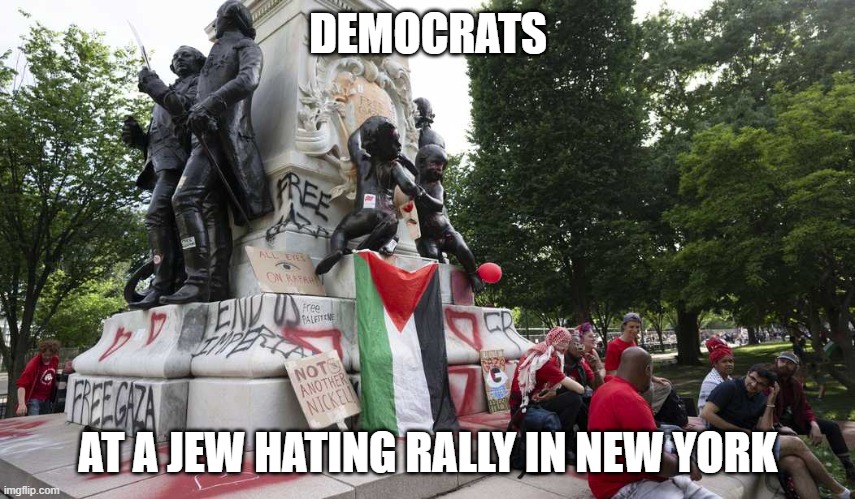The term "cultural Marxism" is a bit of a slippery fish—it’s used more as a political buzzword today than a precise historical concept, but we can trace its intellectual roots and evolution.
If we’re talking about the ideas often labeled as cultural Marxism, they first emerged in the early 20th century with the Frankfurt School, a group of German intellectuals tied to the Institute for Social Research, founded in 1923 at Goethe University in Frankfurt.
Thinkers like Max Horkheimer, Theodor Adorno, and Herbert Marcuse blended Marxist theory with Freudian psychoanalysis and cultural critique, shifting focus from pure economic class struggle (à la classical Marxism) to how culture, ideology, and institutions shape power.
Their big idea: capitalism doesn’t just exploit workers through wages—it controls minds through media, education, and social norms.
This was a pivot from Marx’s materialist focus on factories and labor to a more abstract battle over "hegemony," a term borrowed from Antonio Gramsci, an Italian Marxist active in the 1920s and ‘30s, who argued that ruling classes dominate by winning cultural consent, not just force.
The Frankfurt School’s work kicked off during the Weimar Republic’s chaos, amid rising fascism and cultural upheaval. By 1933, with Hitler in power, they fled to the U.S., landing at Columbia University.
There, they critiqued mass culture—Adorno’s 1944 Dialectic of Enlightenment (co-written with Horkheimer) famously slammed the "culture industry" for turning art into a tool of conformity.
Marcuse later, in the 1960s with One-Dimensional Man, argued that consumer society flattens critical thought, tying this to the New Left and counterculture movements.
This is where the seeds of what’s now called cultural Marxism—ideas about dismantling traditional norms via culture—took root.
But here’s the catch: "cultural Marxism" as a cohesive movement never existed back then. The term itself only popped up later, in the 1990s, when conservative thinkers like William Lind and Pat Buchanan weaponized it to describe a supposed leftist conspiracy to erode Western values.
They pointed to the Frankfurt School’s influence on academia and the ‘60s radicals as evidence of a grand plot. Scholars like Dennis Dworkin (Cultural Marxism in Postwar Britain, 1997) note that while Marxist ideas did seep into cultural studies—think Stuart Hall and the Birmingham School in the UK—it wasn’t a unified ideology, more a loose intellectual trend.
So, timeline-wise: the ideas started in the 1920s-30s with the Frankfurt School, gained traction in the ‘60s, and got branded "cultural Marxism" in the ‘90s as a right-wing boogeyman.
Critics say it’s a strawman—Marxists themselves often scoff at it, and the original thinkers never used the phrase. Poster on social media platforms might scream about it starting with Lenin or even earlier, but that’s stretching it. The real origin is that Frankfurt moment when Marxism met culture head-on.
@Grok



